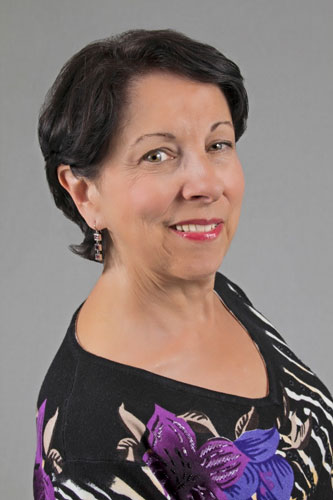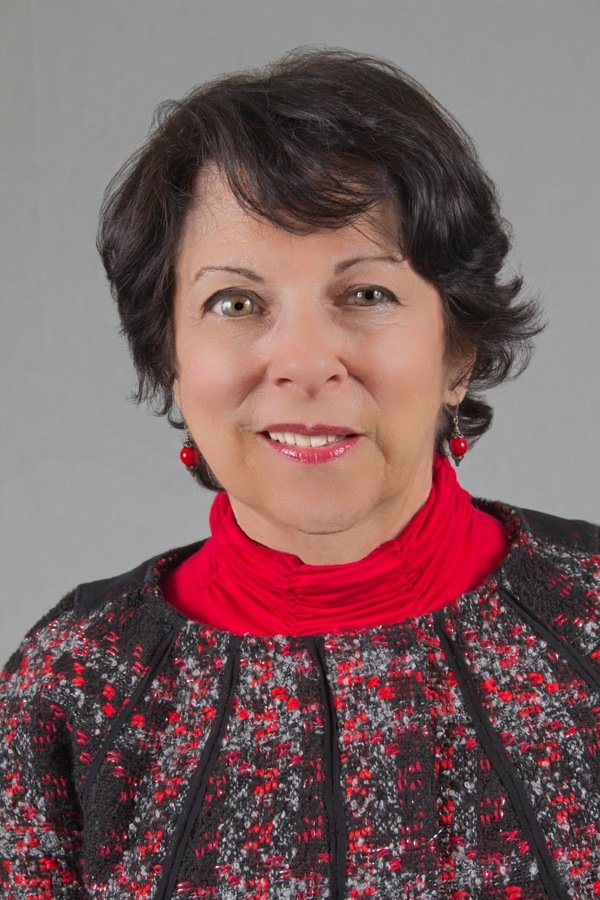Conflicts involving family members that involve caring for a loved one or distributing property from an estate are challenging at best and impossible at worst. When I speak on this subject, I like to share several stories to highlight the various dynamics of these types of disputes.
Story 1 – The Family Business
The family business consists of Joe, Roseanne (Joe’s second wife) and Rufus (Joe’s son from his first marriage).
Rufus has worked in his dad’s manufacturing business for 15 years.
Andrew (Joe’s and Roseanne’s son) is an accountant and lives across the country.
Roseanne has died and Joe’s dementia is progressing.
Who should run the business?
Rufus thinks he’s perfectly capable.
Andrew wants to move back and take over the business.
Story 2 – To Sell Or Not To Sell (The House)
Bill and Angela are siblings.
For the last couple of years Bill (a recovering alcoholic) put his photography business on hold to move in with Mom and help take care of her.
Mom has now moved to assisted living. Angela (a banker) wants to sell the house. Bill wants to continue to live in the house.
Angela has brought a realtor to the house for a preliminary presentation without telling Bill.
Story 3 – Who Should Be In Charge
Teresa and Kathy are siblings.
Mom has died and Dad, while he still has his cognitive abilities, is physically challenged.
Teresa is a nurse with geriatric care experience. Dad lives with Teresa, who oversees his medical care. Kathy is a financial analyst with Power of Attorney over Dad’s affairs.
Both Dad and Teresa think it is time for Dad to move to assisted living.
Kathy disagrees and doesn’t want to loosen the purse strings.
Story 4 – How To Divide The Stuff
Mary is recently deceased. Her will specifies that Judy (her daughter) is the executor.
The will gives Tom (Mary’s long-term live-in boyfriend) a right to stay in the house until he dies or remarries. The house then goes to Judy.
The will states that Judy shall be entitled to “her personal property” from the house, but is vague on the definition of “her personal property”.
Thomas wants to give some of Mary’s jewelry to his daughters from a previous marriage.
Judy and Thomas are in dispute over which personal property is Judy’s.
These stories ring a familiar bell to most people. Either they or someone they know has experienced something similar. When I tell people that I work with families involving Elder Care or Estate Dispute Resolution, I generally hear the two following comments:
It’s all about the money.
It’s all about the sibling rivalry.
However, these disputes are much more subtle and nuanced than either bold statement. With the next several entries to my blog, Conflict Is A Fact Of Life, I hope to illuminate these subtleties and nuances and to shed additional light on the value of Mediation and Conflict Resolution Consulting in these situations.
To learn more about how these Mediation and Conflict Resolution Consulting services offered by Keystone Conflict Solutions LLC contact us at rebecca@kcsmediation.com or (404) 314-7228.
Information for this series on Elder Care and Estate Dispute Resolution comes from the following sources:
Eldercare Mediation: A New Way To Make Decisions Regarding Aging Parents, by Janet E. Mitchell
Eldercare Mediation, by Healthwise Staff
10 Reasons Families Fight About Senior Care, by Jeff Anderson
When The Family Needs An Umpire, by Joshua Tapper
Oh, Brother! With Parents Aging, Squabbling Siblings Turn To Elder Mediation, by Sally Abrahms
What is Elder Mediation?, from ElderMediation.com website
You’re Doing It All Wrong: Handling Caregiver Criticism, by Sally Abrahms
Work and ElderCare, published by Family Caregiver Alliance
Caregiving, published by Family Caregiver Alliance
Home Away From Home, published by Family Caregiver Alliance
A Sibling’s Guide To Caring For Aging Parents, by Bonnie Lawrence
Many conversations with providers of services to families involved in difficult family disagreements




